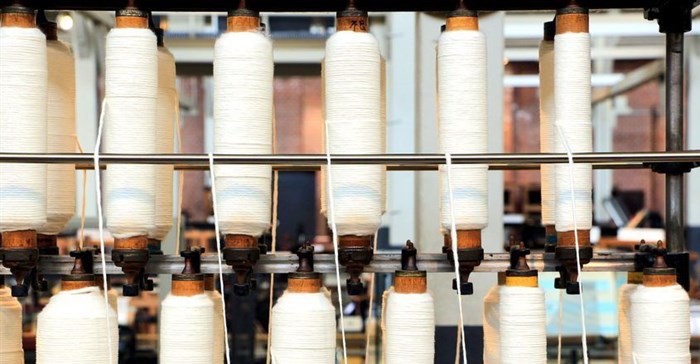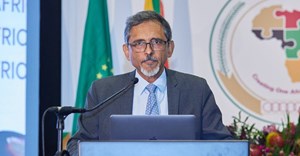Trending
Elections 2024
Jobs
- Seamstress - Apparel And Display Johannesburg
TFG presses for cut in yarn import duties to advance SA manufacturing

In addition, the company said that further investment to support the upgrading of domestic fabric mills will ensure that they can manufacture rapidly evolving fashion fabrics. "These interventions, combined with the recently announced duty rebate, will assist in further boosting Department of Trade, Industry and Competition's bold interventions in South Africa's retail-clothing value chain," TFG stated in a media release.
The company celebrated the advancement of local manufacturing development following Minister Ebrahim Patel and the DTIC's commitment to the Retail-Clothing, Textiles, Footwear and Leather (R-CTFL) Masterplan. This progress includes DTIC’s continued commitment to reinvigorating the entire value chain.
TFG said that the recently announced introduction of duty rebates on woven fabrics is a clear indication of DTIC's dedication to furthering the localisation of manufacturing in South Africa, and that the initiative will undoubtedly improve the competitiveness of the local clothing industry and bring significant change to the domestic mills that are still in operation.
TFG CEO, Anthony Thunström, commented, “In our ongoing support of DTIC's retail-CTFL Masterplan and the growth of local manufacturing, TFG continues to pursue initiatives and collaborations that drive the realisation of the Masterplan's objectives that will ultimately drive larger-scale manufacturing employment in South Africa.
"We are directly committed to this critical task through our manufacturing facilities, which have been upgraded and expanded over the last few years and which are successfully increasing their sales into our various retail channels”, said TFG CEO, Anthony Thunström.
Exploring new manufacturing business models
To further support the dynamic development of the manufacturing sector in South Africa, TFG recently agreed to sponsor a Future Manufacturing post at the Toyota Wessels Institute for Manufacturing Studies (TWIMS) in Durban. The funding intends to enable the exploration of new business models in the manufacturing sector, especially those relating to rapidly emerging digital technologies that are likely to re-shape the R-CTFL value chain in the next few years.
“South African manufacturing capability must advance quickly over the next decade. TFG is eager to support initiatives focused on developing world-class management capabilities needed to drive South Africa's localisation strategy,” added Thunström.
Black Production Management Development Academy
Although the number of people employed in their supply chain is expected to grow substantially, there are almost no black production managers, said TFG. To address this gap and as part of TFG’s transformation journey, February also marks the launch of TFG Manufacturing's Black Production Management Development Academy and its innovative two-year Quick Response-focused curriculum.
This programme is likely to be a critical enabler of TFG's local expansion strategy. The programme adopts an immersive and blended approach to management development with a strong emphasis on practical application and real-life relevance that is expected to more than adequately equip and skill South Africa's black production managers of the future.
“TFG remains a steadfast partner to the DTIC and the South African R-CTFL industry in our joint mission to grow local manufacturing. We recognise the major constructive role retailers like ourselves can play in supporting the development of South Africa, and we are keenly aware of the competitive advantages we can forge for ourselves through the advancement of domestic manufacturing capabilities,” concluded Thunström.


















